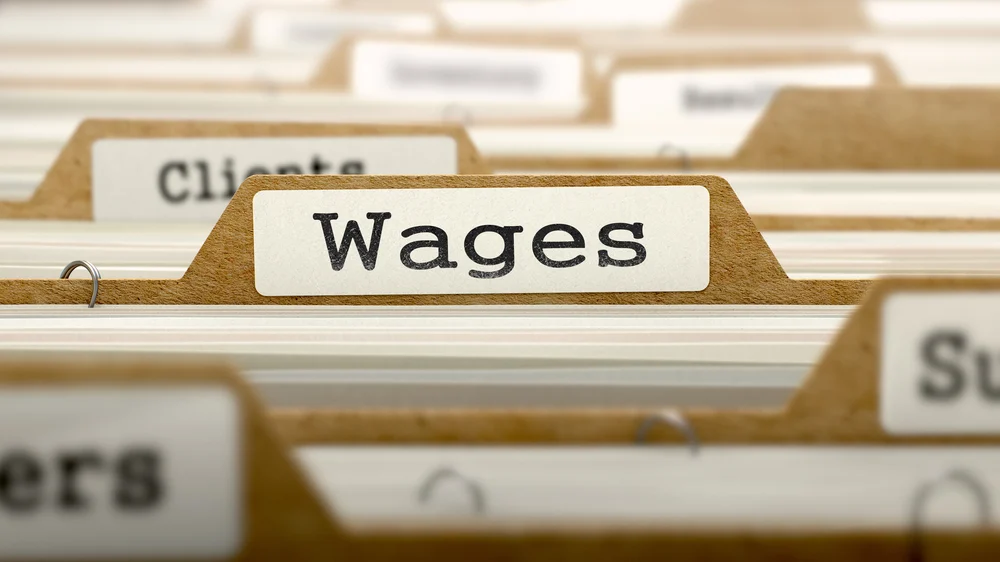An arrest is the act of apprehending and taking a person into custody
Being arrested is scary and overwhelming. But, knowing your rights can help you handle it better. Whether you’re innocent or confused, understanding your legal protections is key. Here’s a guide to your rights when police arrest you. A magistrate & a private person can also arrest in some cases.
The Right to Remain Silent
- What It Means: You have the right to refuse to answer any questions from law enforcement. Anything you say can be used against you in court.
- How to Use It: Politely state, “I wish to remain silent” or “I invoke my right to remain silent.” Avoid volunteering information or engaging in casual conversation article 20(3) of Indian constitution
The Right to Know the Reason for Your Arrest
- What It Means: Law enforcement must inform you of the charges against you and the reason for your arrest.
- Why It Matters: This ensures transparency and helps you prepare for your defense.
The Right to Legal Representation
- What It Means: You have the right to consult with a lawyer before answering any questions or participating in a lineup.
- How to Use It: Clearly state, “I want to speak to my lawyer.” If you cannot afford one, you have the right to a public defender.
The Right to a Phone Call
- What It Means: After your arrest, you are typically allowed to make a phone call to inform someone about your situation or seek legal help.
- How to Use It: Use this call wisely—contact a lawyer, family member, or friend who can assist you.
The Right to Bail
- What It Means: In many cases, you have the right to request bail, which allows you to be released from custody while awaiting trial.
- How to Use It: Consult your lawyer to determine if you’re eligible for bail and how to secure it.
The Right to Refuse Searches Without a Warrant
- What It Means: Law enforcement cannot search your home, car, or personal belongings without a valid warrant or your consent.
- How to Use It: Clearly state, “I do not consent to a search.” However, do not physically resist.
The Right to Medical Attention
- What It Means: If you’re injured or unwell, you have the right to receive medical care while in custody.
- Why It Matters: This ensures your health and safety are prioritized.
The Right to a Fair Trial
- What It Means: You are entitled to a fair and impartial trial, where evidence is presented, and you can defend yourself.
- Why It Matters: This is the cornerstone of justice and ensures you’re not wrongfully convicted.
Being arrested doesn’t mean you lose your rights—it means you need to know them more than ever. From staying silent to securing legal representation, understanding your protections can make all the difference. Stay calm, assert your rights, and seek help when needed. Remember, the law is on your side, and knowledge is your strongest defense. Empower yourself with this guide, and never let uncertainty take away your voice.
If incase you need any legal assistance you can now try our AI Legal Advisor.



